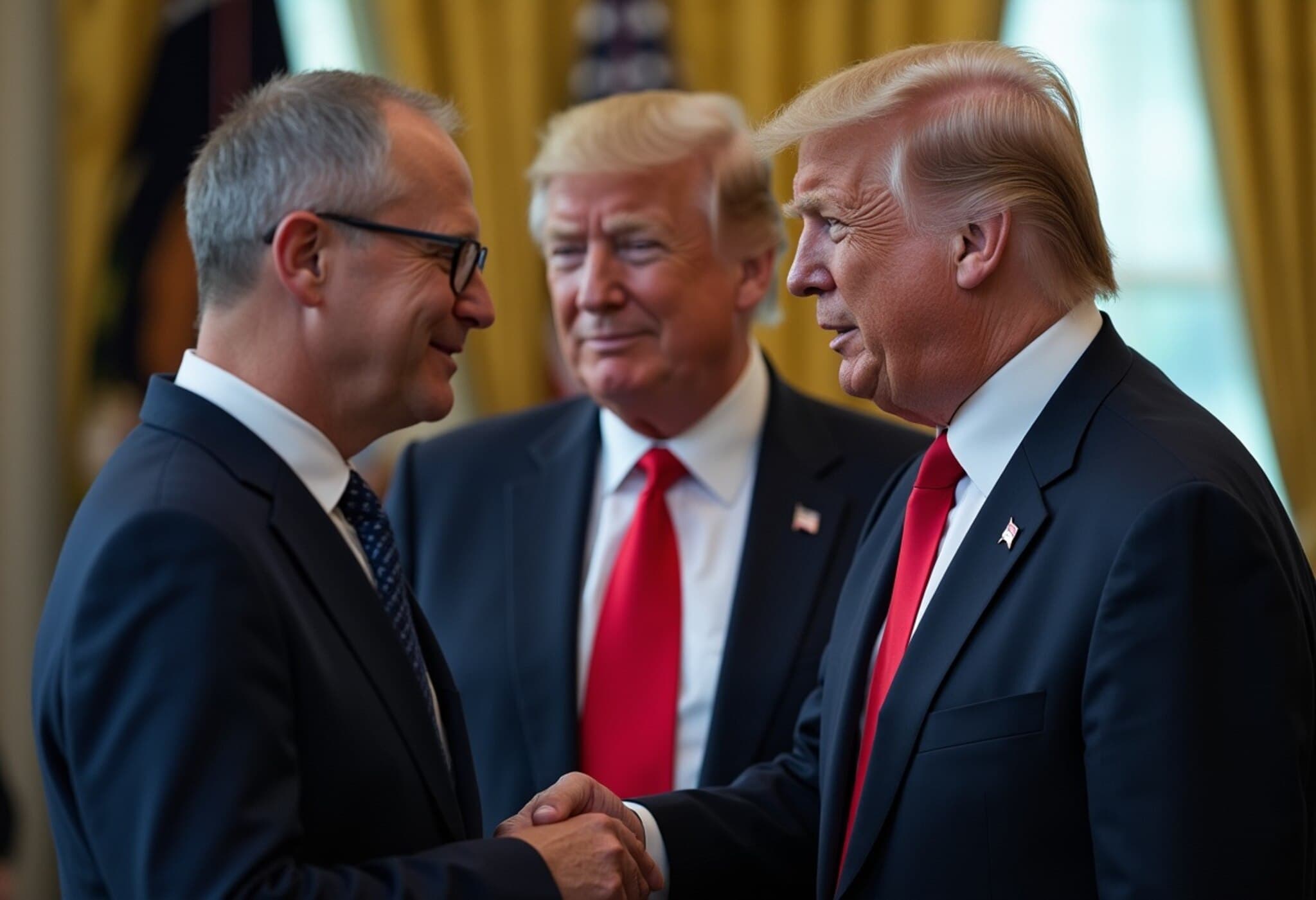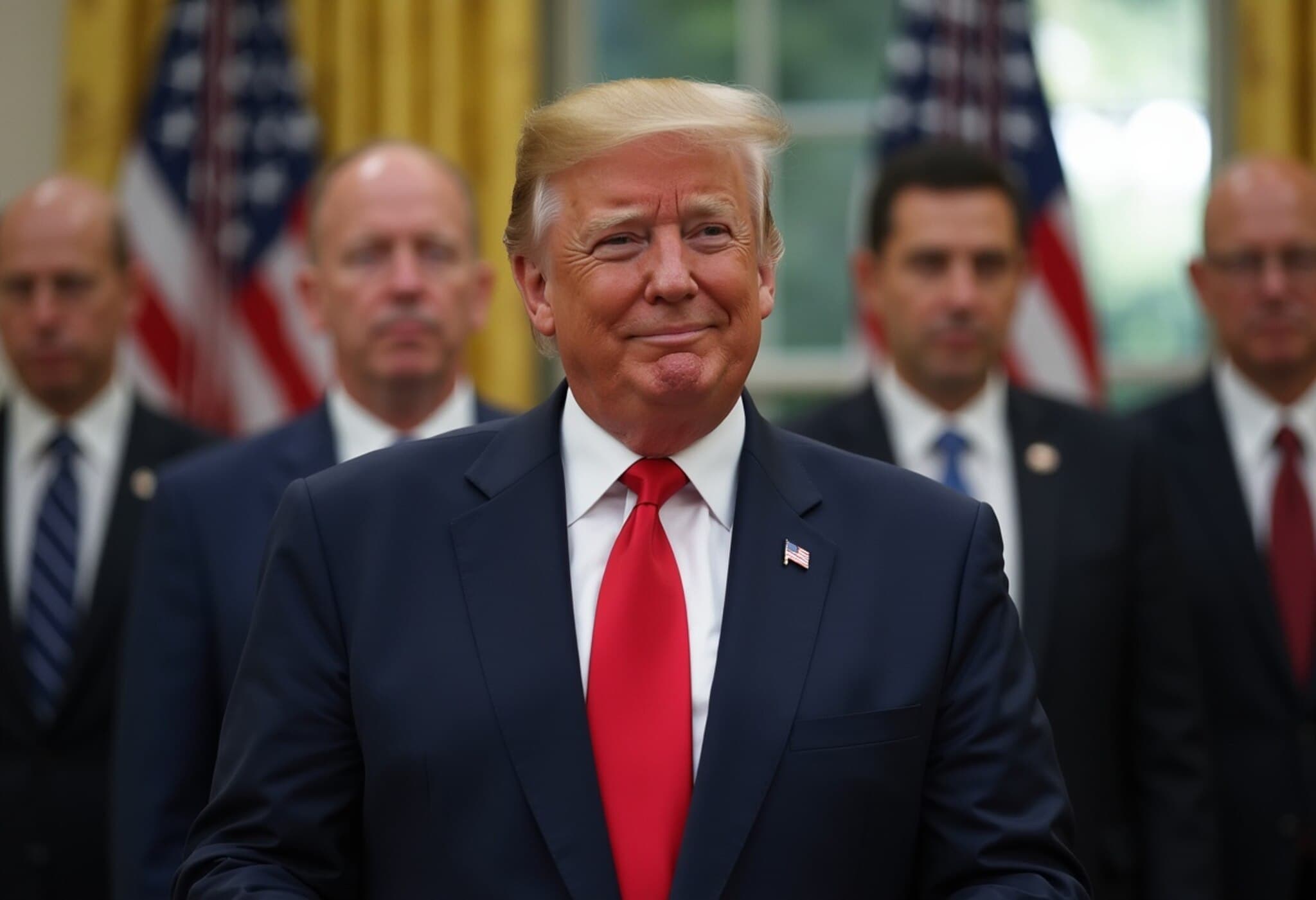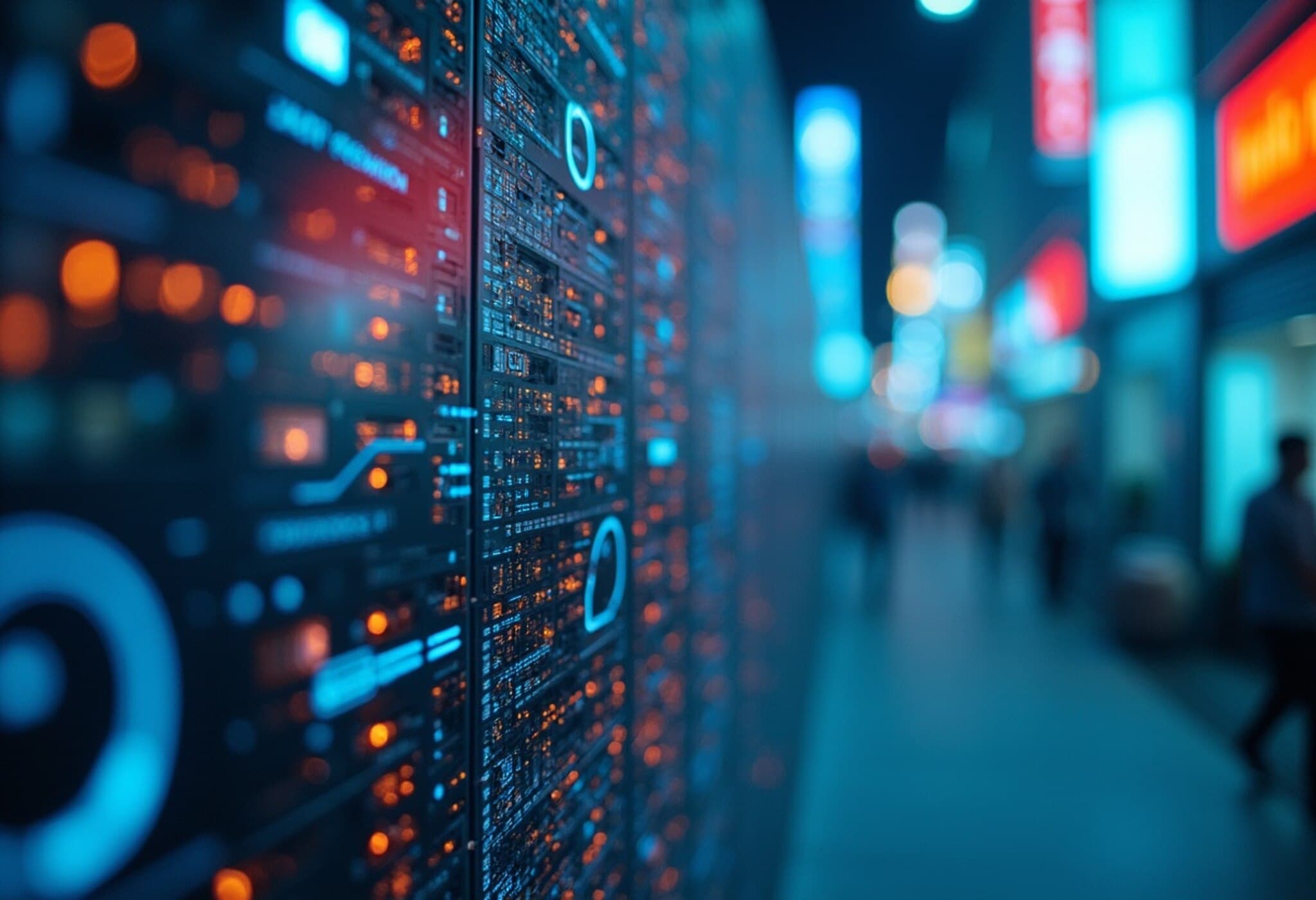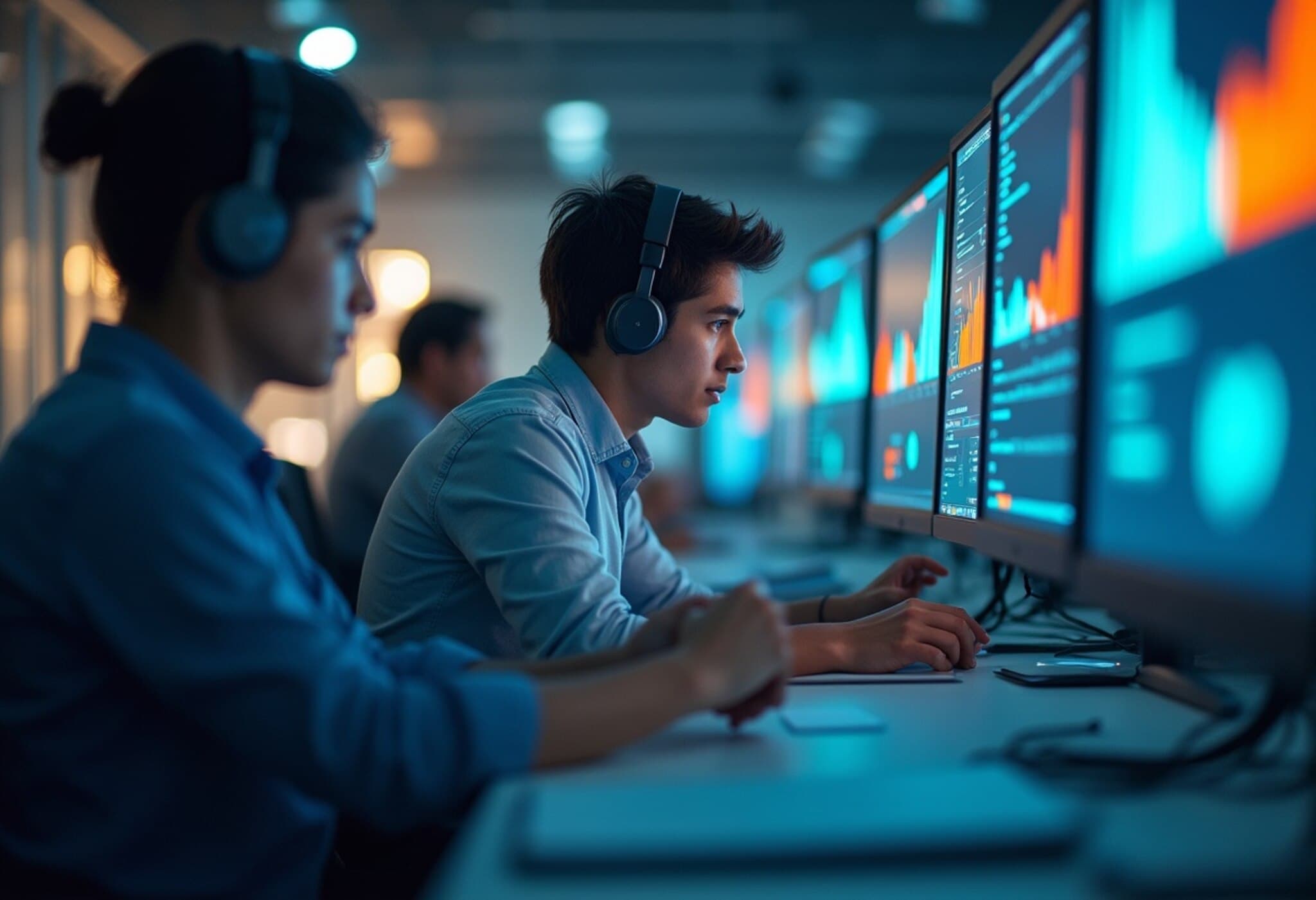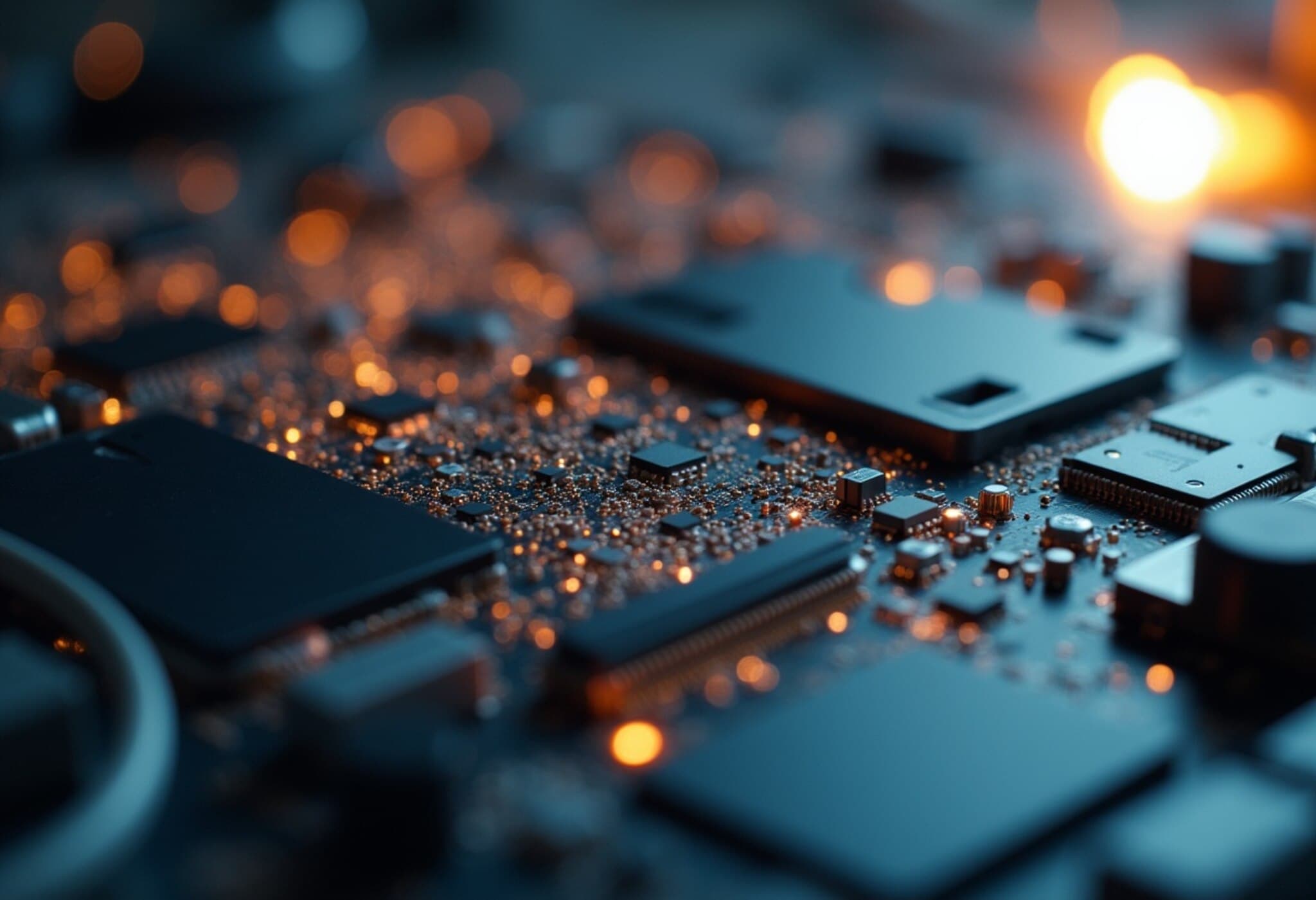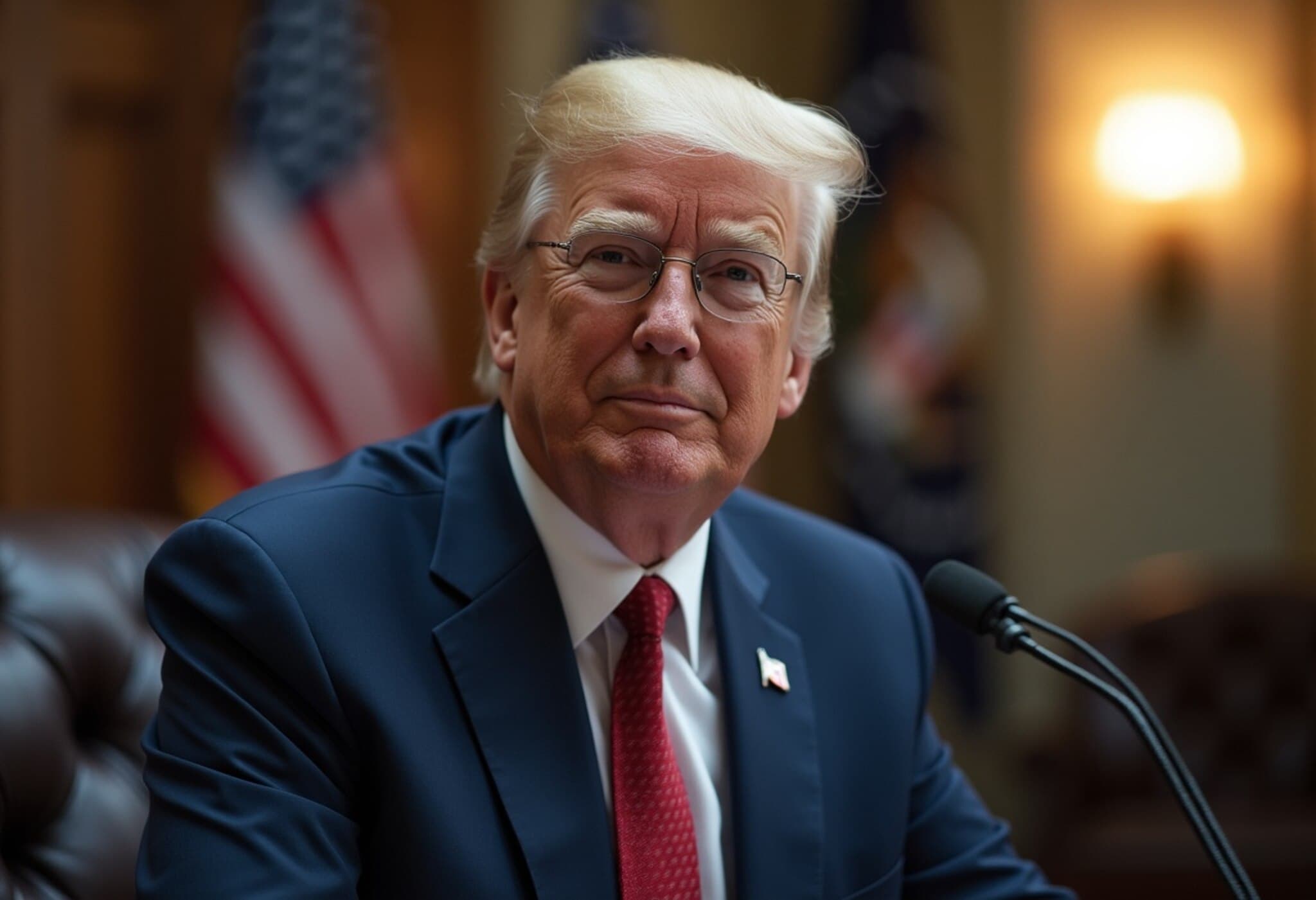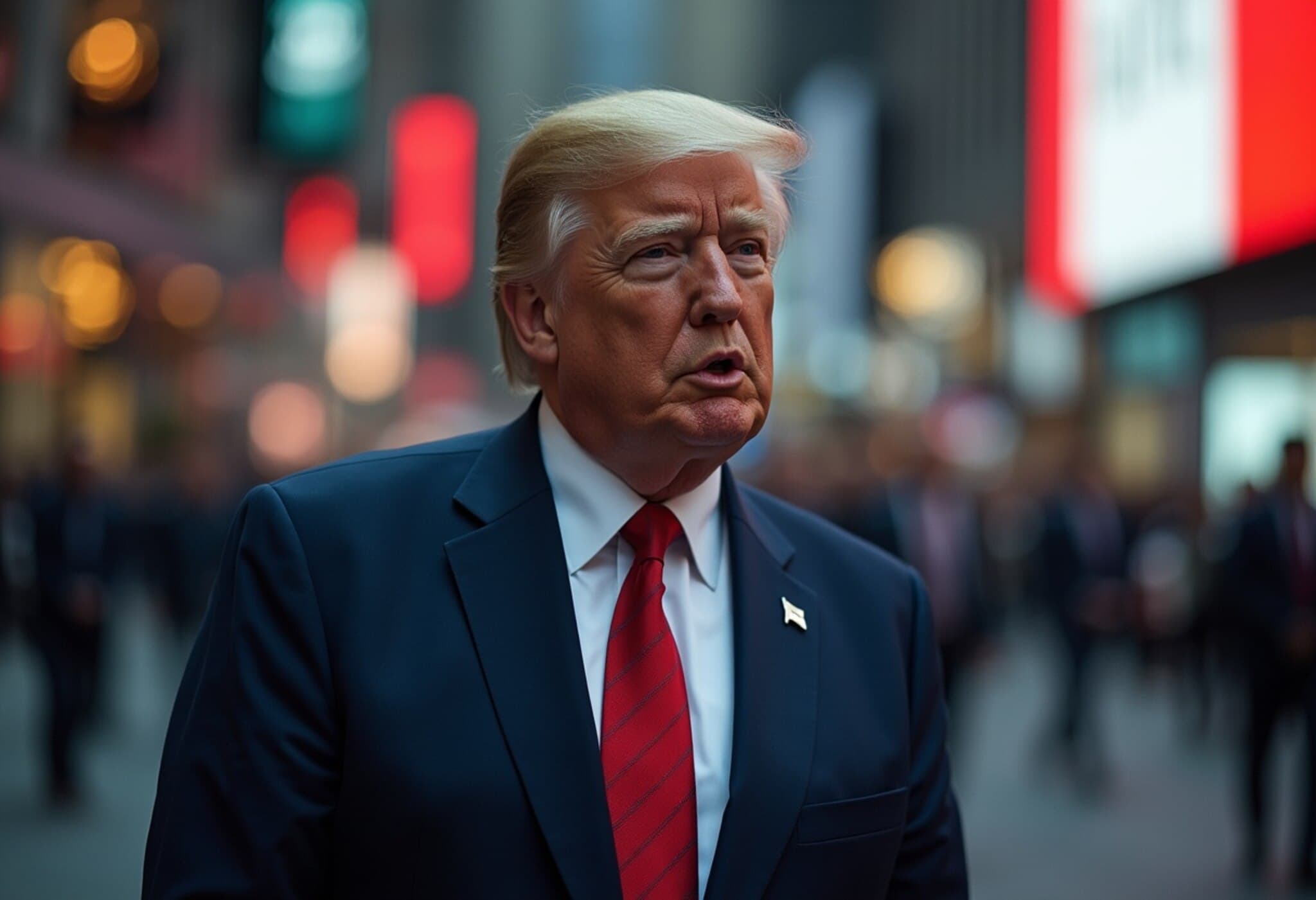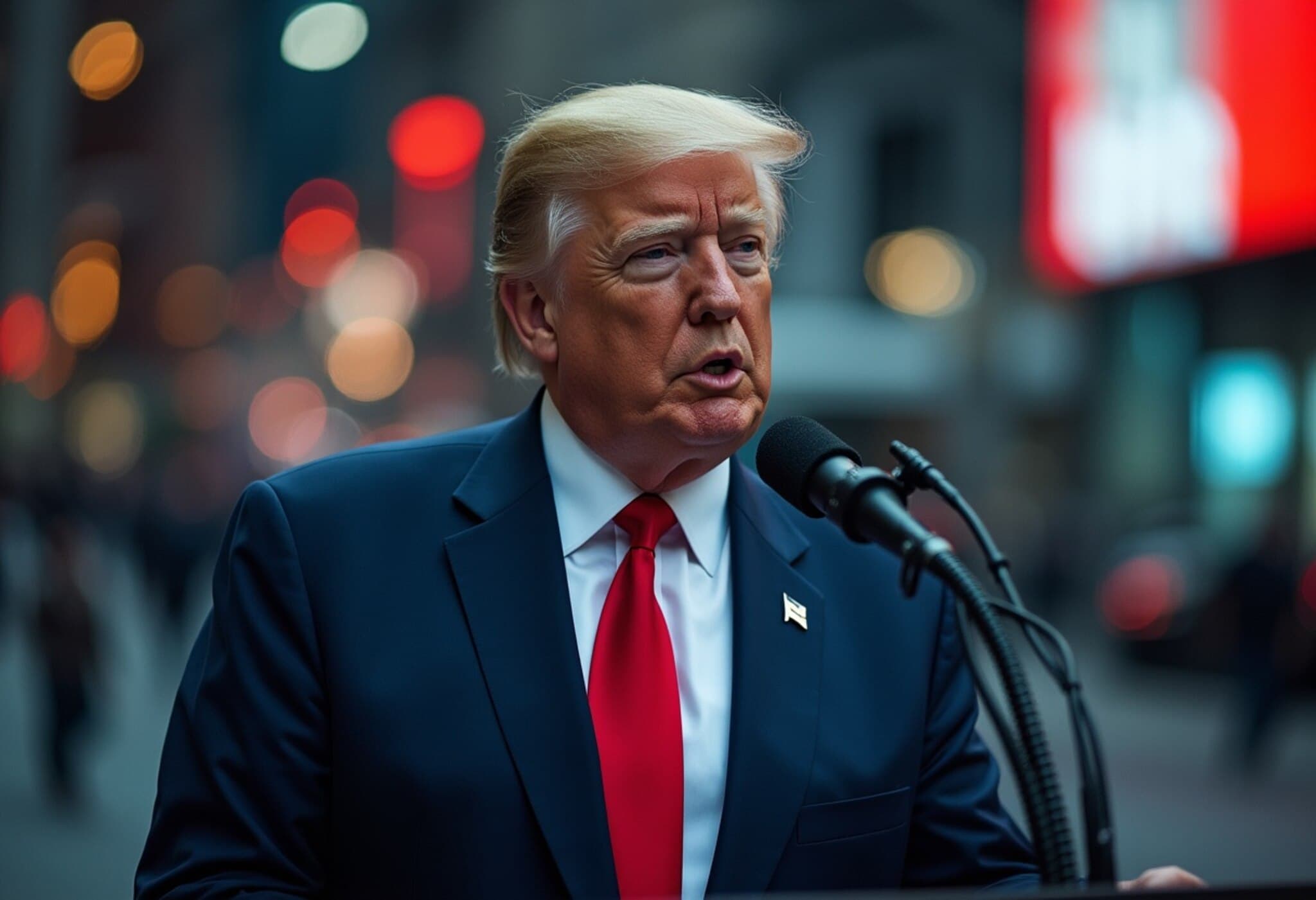Apple's Stock Surges Ahead of Major U.S. Investment Reveal
Shares of Apple Inc. jumped sharply by 5% on Wednesday as anticipation builds for a high-profile announcement at the White House. The tech giant’s CEO, Tim Cook, is set to join President Donald Trump later today for an event at 4:30 p.m. Eastern Time that will spotlight Apple's significantly expanded commitment to investing in the United States.
From $500 Billion to $600 Billion: A Bold U.S. Commitment
Originally pledging a $500 billion investment earlier this year, Apple is now accelerating that pledge to an astounding $600 billion over the next four years, according to a White House official briefed on the matter. This sizable uptick underscores Apple’s strategic pivot to deepen its manufacturing, research, and development footprint on American soil.
Introducing the American Manufacturing Program
In conjunction with the investment announcement, Apple is rolling out a new initiative called the American Manufacturing Program. While full details remain under wraps, sources indicate the program aims to incentivize domestic production, create jobs, and strengthen Apple’s U.S.-based supply chain capabilities—a response to mounting political pressure and shifting global trade dynamics.
Complex CEO-Administration Relationship Highlights Industry Challenges
Tim Cook’s relationship with President Trump has been anything but straightforward. Despite moments of mutual praise, the President has voiced public frustration over Apple’s reliance on overseas assembly, notably urging the company to move production away from China and India to the United States. These tensions come amid broader U.S.-China trade frictions and tariffs that have increased Apple’s operational costs by over $1 billion, particularly tied to import tariffs under a Section 232 investigation.
Most recently, Cook acknowledged the challenges, telling investors, “We obviously try to optimize our supply chain, and ultimately we will do more in the United States.” This marks a nuanced balancing act for Apple as it navigates cost pressures, global market risks, and the imperative to stay competitive.
Broader Economic and Policy Implications
Apple’s commitment signals a noteworthy shift in the American technology and manufacturing landscape. As one of the world's most valuable companies, its investment choices ripple across suppliers, labor markets, and policymakers. By ramping up U.S. manufacturing, Apple could stimulate job growth, bolster innovation hubs, and influence other multinational firms to reconsider their domestic investments.
However, experts caution that such large-scale reshoring still faces hurdles, including high labor costs and infrastructure demands. Economists and industry analysts will be watching closely to see whether Apple’s plans translate into tangible factory openings and sustained economic impact.
Looking Ahead: What This Means for Investors and the Public
- For investors: Apple's stock rise suggests confidence in the company's long-term growth strategy and its ability to mitigate tariff-related expenses.
- For workers: The American Manufacturing Program could herald increased employment opportunities in tech-related manufacturing roles.
- For policymakers: Apple's move could serve as a benchmark for corporate cooperation in national economic initiatives amid global supply chain uncertainties.
Editor’s Note
Apple’s announcement at the White House spotlights a critical juncture where technology, politics, and economics intertwine. While the $600 billion investment pledge is undeniably ambitious, the real test lies in execution. Will this shift drive sustainable domestic growth, or is it primarily a strategic response to geopolitical pressure? As Apple charts its path forward, the broader narrative of American manufacturing’s revival hangs in the balance.
Stay tuned for further developments and analysis on how Apple’s expanded U.S. investment shapes industry trends and the global tech marketplace.

